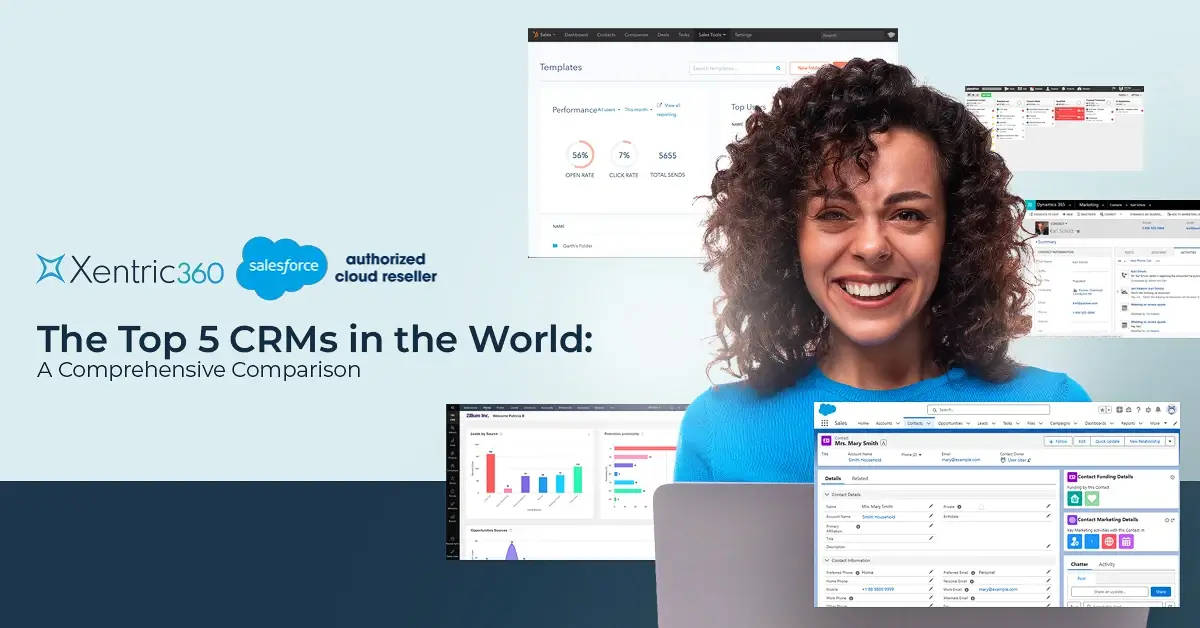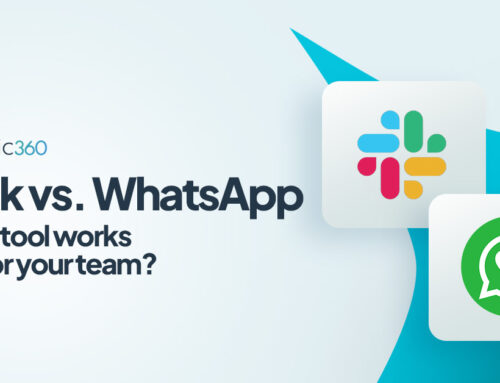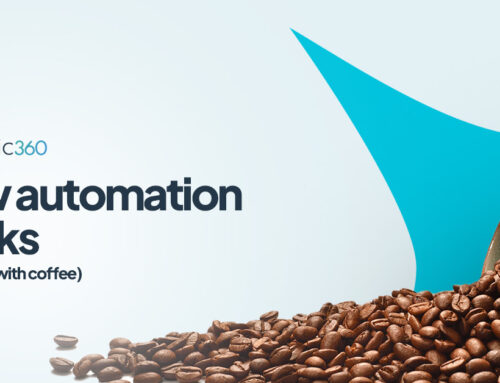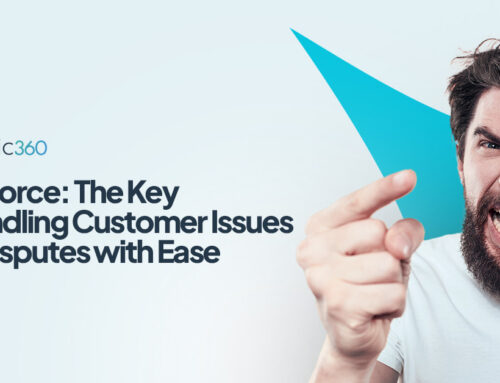In today’s fast-paced business environment, maintaining strong customer relationships is crucial for success. A robust Customer Relationship Management (CRM) system can significantly enhance your business’s ability to connect with clients, streamline operations, and boost sales. This article delves into the top five CRM systems globally, comparing their features, benefits, and unique selling points. By the end of this comprehensive guide, you’ll have a clear understanding of which CRM might be the best fit for your business needs.
1. Salesforce CRM
Overview
Salesforce is the world’s leading CRM platform, renowned for its extensive customization options and comprehensive suite of tools. Founded in 1999, Salesforce has consistently led the market, offering solutions for businesses of all sizes.
Key Features
- Customization: Highly customizable with a vast array of apps and integrations.
- Sales Cloud: Comprehensive sales automation and contact management.
- Service Cloud: Advanced customer service and support tools.
- Marketing Cloud: Powerful marketing automation and analytics.
- AI Integration: Einstein AI provides predictive analytics and personalized insights.
Benefits
- Scalability: Suitable for small businesses to large enterprises.
- AppExchange: Access to thousands of third-party apps.
- Community Support: Strong community and extensive resources.
Unique Selling Point
Salesforce’s greatest strength lies in its flexibility and ability to scale, making it an ideal choice for growing businesses and enterprises looking to tailor their CRM experience precisely to their needs.
2. HubSpot CRM
Overview
HubSpot CRM is a popular choice for small to medium-sized businesses, known for its ease of use and comprehensive free tier. Founded in 2006, HubSpot aims to provide an all-in-one platform for marketing, sales, and customer service.
Key Features
- Free CRM: Robust free version with essential CRM features.
- Marketing Hub: Tools for email marketing, landing pages, and SEO.
- Sales Hub: Email tracking, deal pipelines, and meeting scheduling.
- Service Hub: Customer service tools for ticketing and feedback.
- CMS Hub: Integrated content management system.
Benefits
- User-Friendly: Intuitive interface and easy setup.
- Free Tier: Significant capabilities without cost.
- Integration: Seamless integration with other HubSpot tools and third-party apps.
Unique Selling Point
HubSpot CRM’s combination of ease of use and a generous free tier makes it an excellent starting point for smaller businesses looking to manage their customer relationships without a hefty upfront investment.
3. Microsoft Dynamics 365
Overview
Microsoft Dynamics 365 offers a suite of intelligent business applications, integrating CRM and ERP capabilities. Launched in 2016, it leverages Microsoft’s extensive ecosystem, including Office 365 and Azure.
Key Features
- Unified Platform: Combines CRM and ERP for comprehensive business management.
- AI and Analytics: Built-in AI and analytics tools.
- Customization: Highly customizable with Microsoft Power Platform.
- Integration: Seamless integration with Microsoft products.
- Sales Insights: Advanced data insights and predictive analytics.
Benefits
- Familiar Interface: Familiarity for users of Microsoft products.
- Scalability: Suitable for medium to large enterprises.
- Cloud and On-Premise: Flexible deployment options.
Unique Selling Point
The integration with the broader Microsoft ecosystem, including Office 365, Azure, and LinkedIn, provides a seamless experience and advanced capabilities for businesses already invested in Microsoft’s environment.
4. Zoho CRM
Overview
Zoho CRM is a versatile and affordable CRM solution that caters to businesses of all sizes. Launched in 2005, Zoho offers an extensive suite of applications that integrate seamlessly with its CRM.
Key Features
- Sales Automation: Tools for lead management, contact management, and deal tracking.
- Multichannel Communication: Email, social media, phone, and live chat integrations.
- AI Assistant: Zia, the AI-powered sales assistant.
- Customization: Extensive customization options and third-party integrations.
- Analytics: Advanced analytics and reporting.
Benefits
- Affordability: Competitive pricing with a free tier available.
- Versatility: Suitable for a wide range of business sizes and industries.
- Mobile App: Fully functional mobile app for on-the-go access.
Unique Selling Point
Zoho CRM’s combination of affordability and extensive features makes it a strong contender for businesses seeking a cost-effective yet powerful CRM solution.
5. Pipedrive
Overview
Pipedrive is a sales-focused CRM designed to help small and medium-sized businesses streamline their sales processes. Founded in 2010, Pipedrive emphasizes simplicity and ease of use.
Key Features
- Sales Pipeline: Visual sales pipeline management.
- Automation: Workflow automation for repetitive tasks.
- Email Integration: Email tracking and automation.
- Activity Management: Task and activity management tools.
- Analytics: Sales reporting and forecasting.
Benefits
- Ease of Use: Intuitive and straightforward interface.
- Focus: Designed specifically for sales teams.
- Customizable Pipelines: Customizable sales pipelines to match business processes.
Unique Selling Point
Pipedrive’s user-friendly interface and focus on sales pipeline management make it an ideal choice for sales teams looking to streamline their workflows and improve efficiency.
Conclusion
Choosing the right CRM for your business depends on various factors, including your business size, industry, and specific needs. Here’s a quick recap to help you decide:
- Salesforce CRM: Best for every size of business needing a highly customizable and scalable solution.
- HubSpot CRM: Ideal for small businesses and startups looking for a free, easy-to-use CRM.
- Microsoft Dynamics 365: Perfect for businesses already invested in the Microsoft ecosystem.
- Zoho CRM: Great for businesses seeking an affordable, versatile CRM with extensive features.
- Pipedrive: Excellent for sales-focused teams needing a simple and efficient pipeline management tool.
Investing in the right CRM can transform your business operations, enhance customer relationships, and drive growth. Assess your business needs, consider the features and benefits of each CRM, and make an informed decision to propel your business to new heights.





